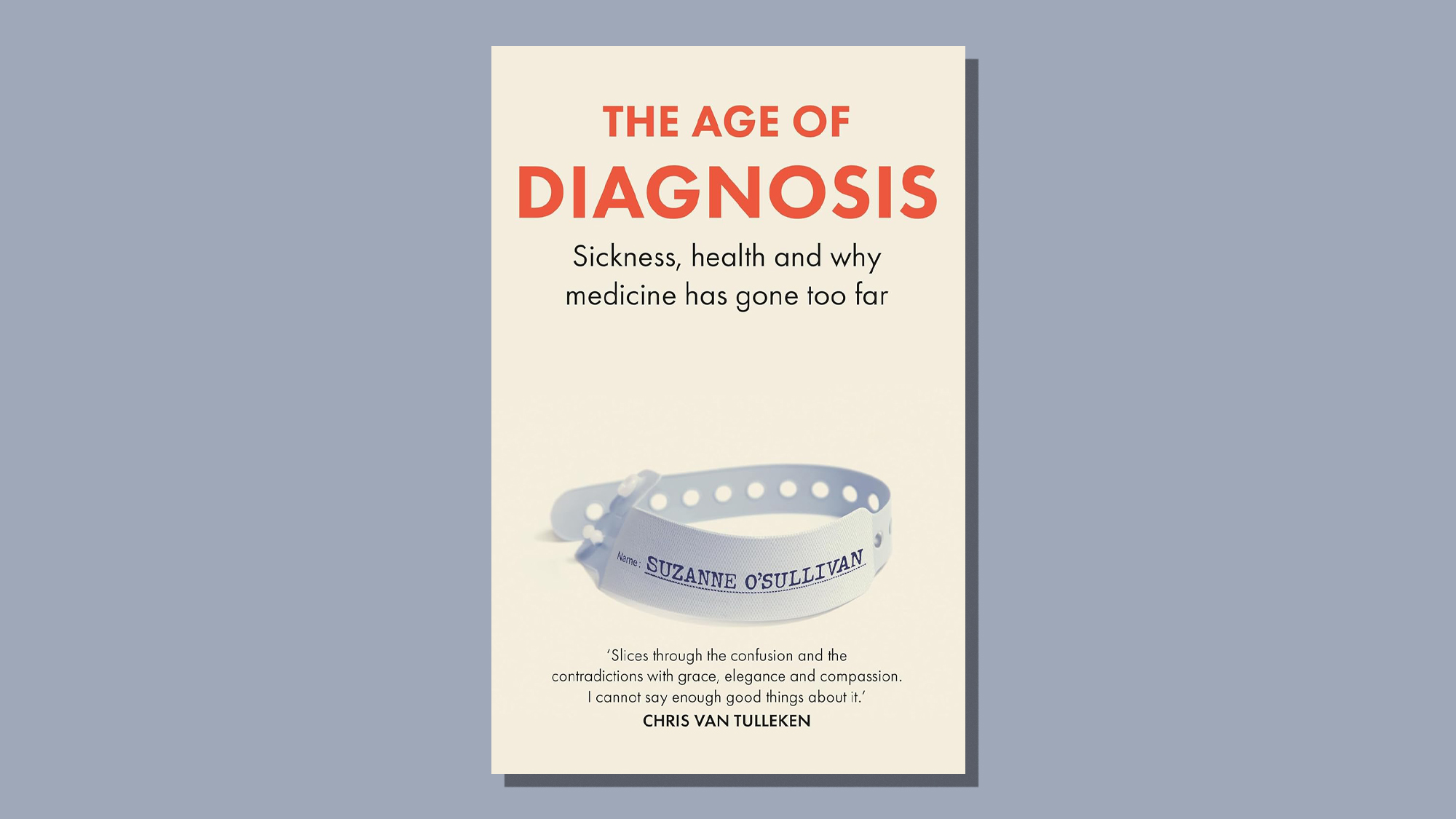What is aphasia – and what does diagnosis mean for Bruce Willis?
Film star ‘stepping away’ from acting due to brain condition that affects ability to communicate

A free daily email with the biggest news stories of the day – and the best features from TheWeek.com
You are now subscribed
Your newsletter sign-up was successful
Bruce Willis has called time on his Hollywood career after being diagnosed with a rare condition that impedes the ability to speak and write.
“We wanted to share that our beloved Bruce has been experiencing some health issues and has recently been diagnosed with aphasia, which is impacting his cognitive abilities,” said his family in a joint statement on Instagram. “As a result of this and with much consideration Bruce is stepping away from the career that has meant so much to him.”
What is aphasia?
The Week
Escape your echo chamber. Get the facts behind the news, plus analysis from multiple perspectives.

Sign up for The Week's Free Newsletters
From our morning news briefing to a weekly Good News Newsletter, get the best of The Week delivered directly to your inbox.
From our morning news briefing to a weekly Good News Newsletter, get the best of The Week delivered directly to your inbox.
Aphasia is characterised by difficulty with language or speech and “is usually caused by damage to the left side of the brain (for example, after a stroke)”, according to the NHS website.
The condition affects people of all ages, but is most common in those aged over 65. Willis is 67.
“In some cases”, aphasia can lead to anxiety, depression and isolation, said the health service.
In a 2017 article for The Guardian, mother-of-two Helen Harris described her slow recovery from aphasia following brain surgery. “While most people are patient and understanding, some are not,” said Harris, who died from a brain tumour in 2020 at the age of 47.
A free daily email with the biggest news stories of the day – and the best features from TheWeek.com
Aphasia is estimated to affect more than 350,000 people in the UK.
In the US, a total of about two million people have the communication disorder, the National Aphasia Association reported, and around 180,000 new cases are diagnosed every year.
Symptoms
The NHS explained that Aphasia sufferers “often have trouble with the four main ways people understand and use language”: reading, listening, speaking and typing or writing. But “although aphasia affects a person’s ability to communicate, it doesn’t affect their intelligence”.
For an actor, however, aphasia could pose a huge challenge, said Johns Hopkins University cognitive scientist Brenda Rapp.
“You can imagine how frustrating it is if you can’t find words, if you can’t organise words into sentences, if you can’t get your mouth to produce the sounds you want it to produce,” Rapp told Paris-based news agency AFP.
Causes
Aphasia, is usually caused by a stroke, severe head injury, brain tumour or progressive neurological conditions such as dementia.
“It is not clear what led to Willis’ diagnosis,” Sky News reported.
Treatment
The recommended treatment for aphasia is usually speech and language therapy.
“Most people with aphasia need many hours of speech and language therapy,” said the NHS. But most “make some degree of recovery, and some recover fully”.
Sometimes aphasia improves without treatment.
Researchers are also “looking into new types of speech therapy and noninvasive methods such as a procedure that uses magnetic pulses to stimulate brain cells”, Al Jazeera reported.
-
 Antonia Romeo and Whitehall’s women problem
Antonia Romeo and Whitehall’s women problemThe Explainer Before her appointment as cabinet secretary, commentators said hostile briefings and vetting concerns were evidence of ‘sexist, misogynistic culture’ in No. 10
-
 Local elections 2026: where are they and who is expected to win?
Local elections 2026: where are they and who is expected to win?The Explainer Labour is braced for heavy losses and U-turn on postponing some council elections hasn’t helped the party’s prospects
-
 6 of the world’s most accessible destinations
6 of the world’s most accessible destinationsThe Week Recommends Experience all of Berlin, Singapore and Sydney
-
 Confessions of a Brain Surgeon: an 'exceptional' documentary
Confessions of a Brain Surgeon: an 'exceptional' documentaryThe Week Recommends Retired neurosurgeon Henry Marsh reflects on his pioneering work with exquisitely 'raw honesty'
-
 The Age of Diagnosis: Suzanne O'Sullivan's 'immensely persuasive' read
The Age of Diagnosis: Suzanne O'Sullivan's 'immensely persuasive' readThe Week Recommends Rather than 'getting sicker', we may be 'atrributing more to sickness'
-
 Nye: a 'rousing' drama about NHS founder Aneurin Bevan
Nye: a 'rousing' drama about NHS founder Aneurin BevanThe Week recommends A 'cradle to grave' story starring Michael Sheen that is rich in 'poignant insights'
-
 Breathtaking: the Covid drama that may make you scream
Breathtaking: the Covid drama that may make you screamThe Week Recommends ITV three-parter is a 'tour de force' that exposes 'political complacency'
-
 Price of pasta doubles: what food is getting more expensive in UK?
Price of pasta doubles: what food is getting more expensive in UK?feature New data shows skyrocketing inflation in the cost of certain supermarket staples
-
 The great British food shortage: what’s causing empty supermarket shelves?
The great British food shortage: what’s causing empty supermarket shelves?feature Unseasonal weather, transport issues and energy prices are leading to rationing of fresh produce in UK stores
-
 What is misophonia?
What is misophonia?feature New Cate Blanchett film Tár has drawn attention to the little-known but debilitating neurological condition
-
 How advent of King Charles will affect coins, stamps and etiquette
How advent of King Charles will affect coins, stamps and etiquettefeature Many everyday items and traditions will be different under the new monarch